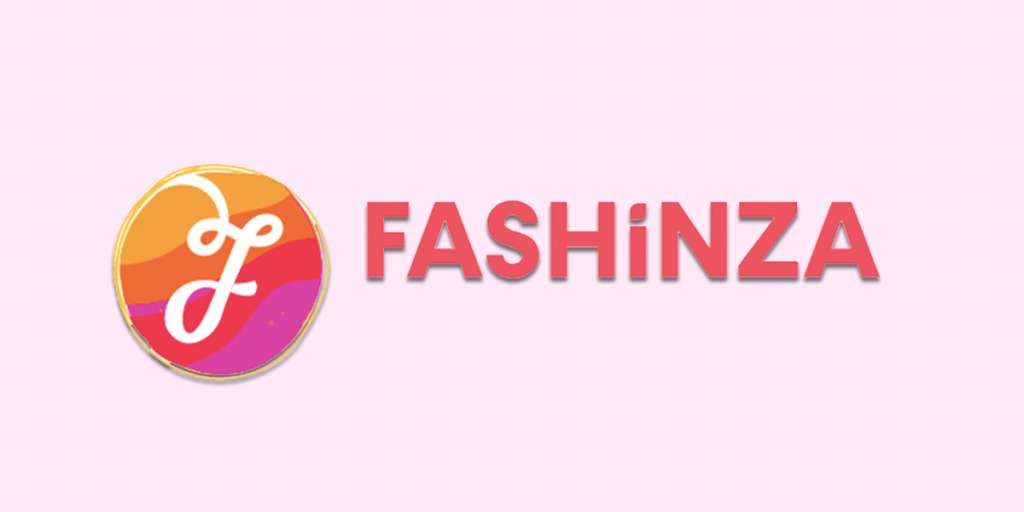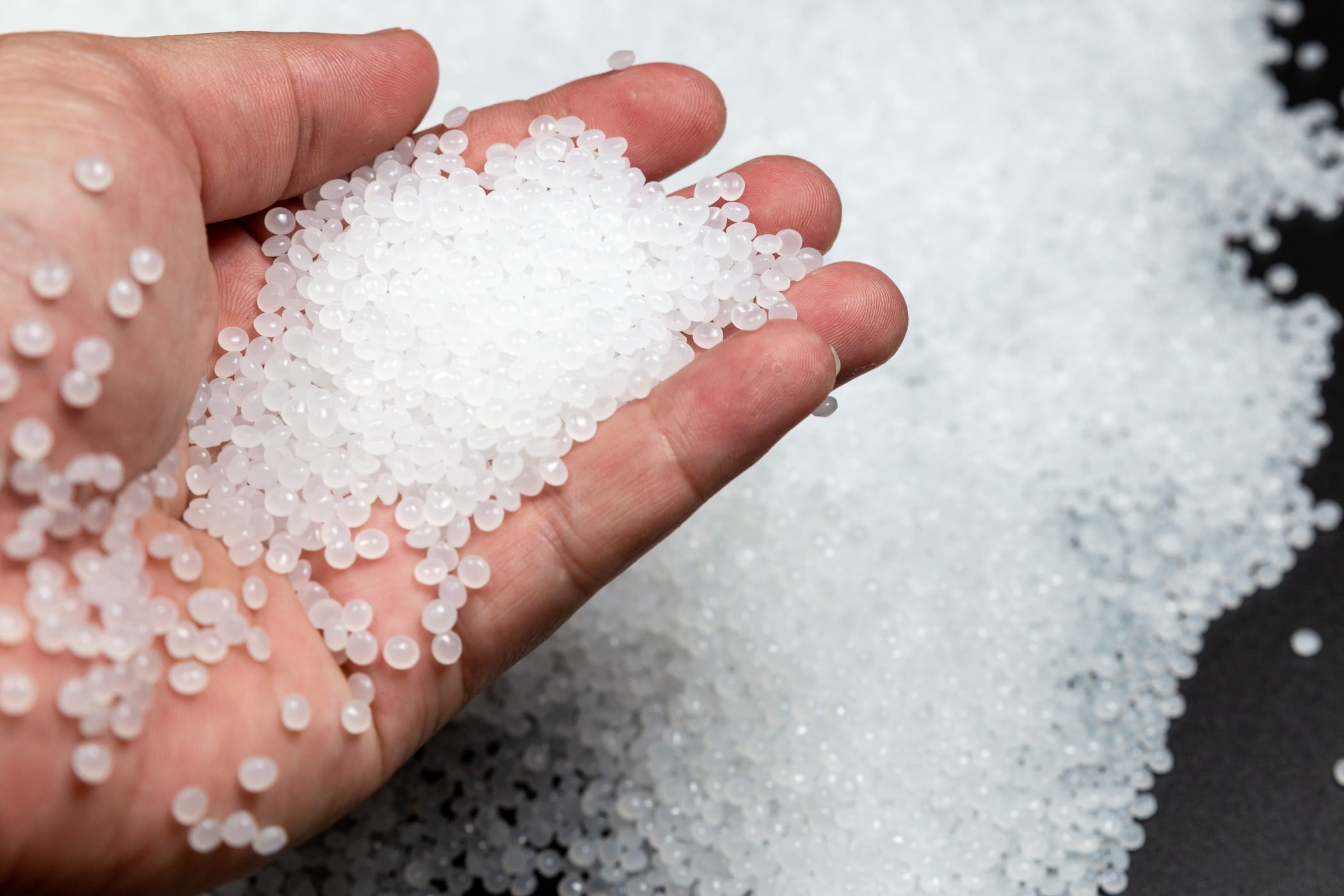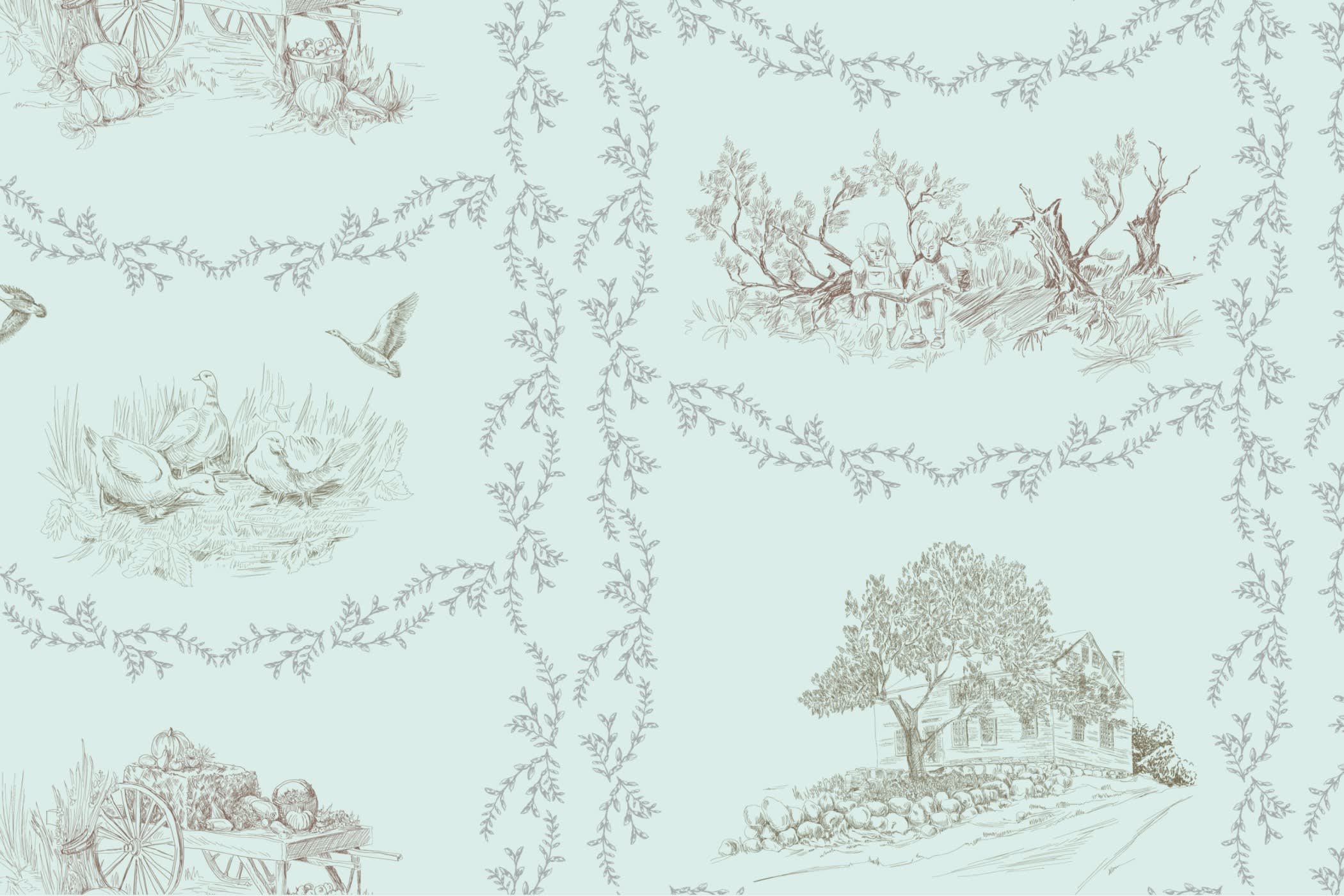How To Convert Fabric Price Per Meter To Per Kg?



Cost of production is a crucial factor for any maker of textiles. Without it, the company wouldn't be able to give the customers competitive pricing.
The most prevalent methods for creating a piece of fabric are knitting and weaving. They frequently involve intricate technological aspects that demand in-depth research.
The expense connected with each step the yarn takes to become a piece of cloth must be taken into account.
This article will cover the aspects that determine a garment's overall cost as well as how to convert price per meter to price per kilogram.
Why is it Important to Know the Production Cost of a Garment?
The cost of raw materials, business running expenses, and expected or realized profit are added together to determine the cost of the garment.
Recognizing the buyer's cost expectations is also important. Depending on the units used, there are different ways to calculate the cost. It will be easier to bargain with shops if one knows the exact cost of their goods. There is a good probability that both parties will agree to a reasonable price once merchants understand that the manufacturer is fully aware of the cost of production.
It might be difficult to estimate the price of a garment if one does not maintain a thorough bill of materials.
Factors Affecting Overall Cost of a Garment
Given below is a list of some common factors that affect the overall fabric cost for any textile manufacturer:
- The number of machines used: Using high-tech machines that produce high volumes at a faster rate helps in achieving faster results for manufacturers. However, employing these highly advanced machines significantly increases one's investment. This, in turn, can substantially impact the overall cost of the garment. However, having the latest production machines at one's disposal does not always guarantee a positive result. It depends on what one is producing. Some factories still employ old machinery and achieve high-quality results. This reduces their investment, eventually cutting down on the overall cost of the garment.
- Percentage of waste: There is bound to be some wastage of fabric in trimmings, but lesser wastage will lead to a decrease in the final cost. Proper maintenance of machinery helps reduce the percentage of waste.
- Quality of fabric used: Fabric quality is essential when discussing fabric cost. It accounts for nearly 60-70% of total production-related expenses. Some standard parameters that affect fabric cost include:
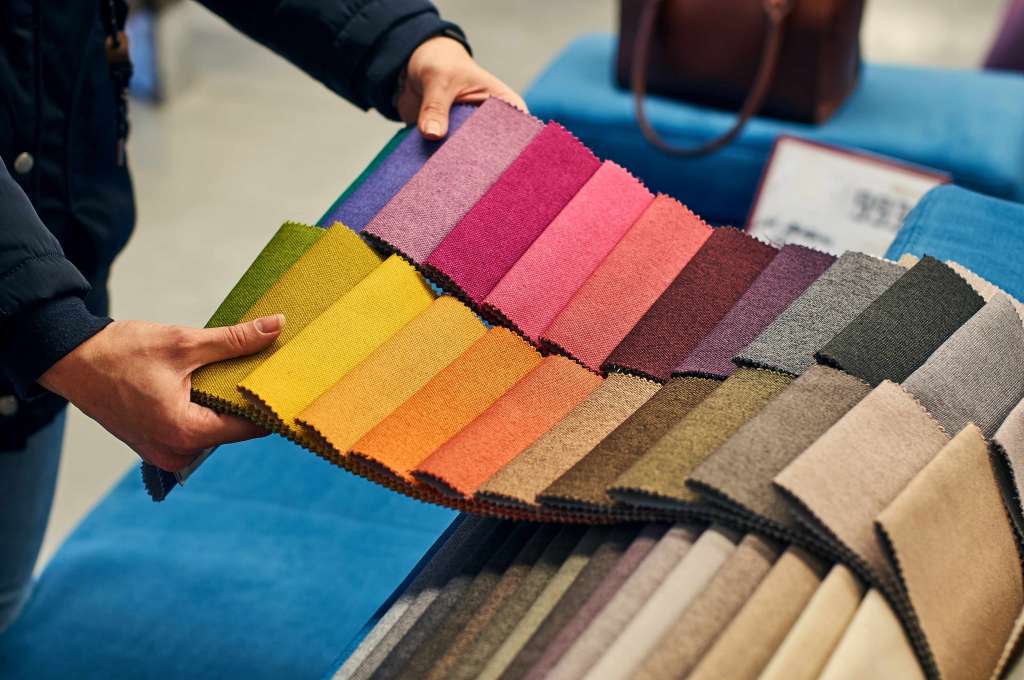
- Unit of measurement used
- Incoterm used
- Minimum order quantity
- Dyeing cost
- Knitting cost
- Wages of operators: The wages paid to the operators are also factored into the cost of the yarn. As a clothing manufacturer, it is crucial to have a set of skilled workers at one's disposal. If a company needs skilled operators, they need to spend more. This phenomenon further contributes to an increase in manufacturing costs. If one wishes to grow their manufacturing business exponentially, it is vital to reward employees for their contributions.
- Total number of helpers and operators involved in the process: The higher the number of helpers and operators involved, the higher the wages that need to be paid. This phenomenon directly affects the total cost of production. However, the number of operators required depends upon one's plant's productive capacity and the technology level.
- Other related expenditures: Transport, packaging, and other miscellaneous expenses incurred on the fabric (not part of its intrinsic cost) also add to its total or overall cost. The cost of poly bags and cartons for shipping highly depends on thickness, dimension, and raw material used. The cost of packaging is equally important as it gives a significant difference when considering the whole order quantity.
A Detailed Guide to Fabric Price Conversion from Per Meter to Per Kilogram
"The cost of the cloth is 95 rupees per square meter. It is 60 inches wide and has a GSM of 220.
What is the cost of a meter? And how can I change the price per kilogram of fabric from the price per meter? Could you please explain?" - Mr. X, a clothing manufacturer
Now that we’ve discussed the different factors that affect the overall cost of fabric, it is essential to dive deeper.
The above statement is a common question that manufacturers regularly ask us. It is a common fact that suppliers provide the fabric price per m in length, which is then converted into the price per kilogram.
One must follow a few steps to start with.
So, what are they? Let's find out.
What data do we have?
To start, one needs to convert 1 meter of fabric into weight (kg).
Before beginning the process of converting the price per meter, here's the information we already have:
- Width of Fabric: 60 inches
- Weight of Fabric Per Square unit: GSM 220
- Length of fabric: 1 meter
What is the formula to convert fabric length in kilograms?
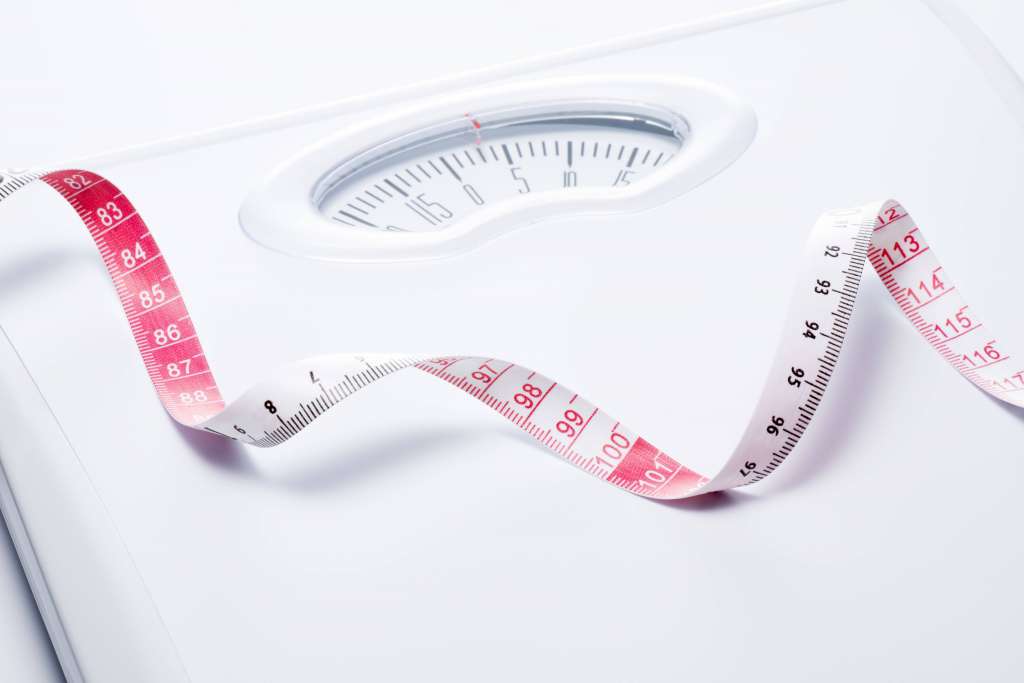
One can utilize the formulas given below to find the total weight of fabric:
Weight of fabric roll = (Fabric area X weight of material per square unit)
OR
(Fabric Weight (in grams): Length of fabric in meters X width of the material in meters X Fabric GSM)
How to Convert Fabric Width from Inches to Meters?
This section will analyze how one can convert fabric width into meters.
For example, when converting fabric of width 60 inches into meters, the converted value (in meters) would be 1.524m.
Similarly, a fabric of width 220inches in meters would be 220*2.54/100, which turns out to be 5.588 meters.
The above value is calculated by multiplying the fabric width by 2.54 and then dividing it by 100.
We'll then utilize the fabric weight formula (in grams) to obtain the result.
Weight of1m fabric (in grams) = 1.524 meter (width) X1 meter (length) X 220 (GSM)
= 335.28 grams
Once we've found the fabric weight (in grams), the next step is to convert the value into kg.
So,
335.28/1000 = 0.33528 kg (since grams per kg is 1000)
Now, since we're paying ₹95 for the above quantity of fabric, here’s how we can calculate the price per kg for the same.
(Price ÷ Quantity of fabric (in kilogram))
= (₹95/0.33528 kg)
= ₹283.35/kg
Therefore, if the price per m of fabric is ₹95, then the cost per kg of the same clothing material would be ₹283.35.
How to Get the Best Fabric Price from Suppliers?
To get the best cloth pricing, one must pay close attention to quality and production expenses. Keeping good relations with suppliers is another essential element.
Additionally, one should constantly send samples to other possible suppliers and ask about their offers. This allows for identifying better suppliers and helps one to keep an eye on market prices.
Another crucial strategy for bargaining with suppliers is to keep a strong "Bill of Materials."
To get the best quote for their needs, people can also choose an online platform that connects them with suppliers.
Conclusion
Fashinza is a tech-based platform that helps manufacturers streamline textile production. They can use the platform to outsource fabrics at the best price while connecting with 100s of suppliers globally. You can explore the
